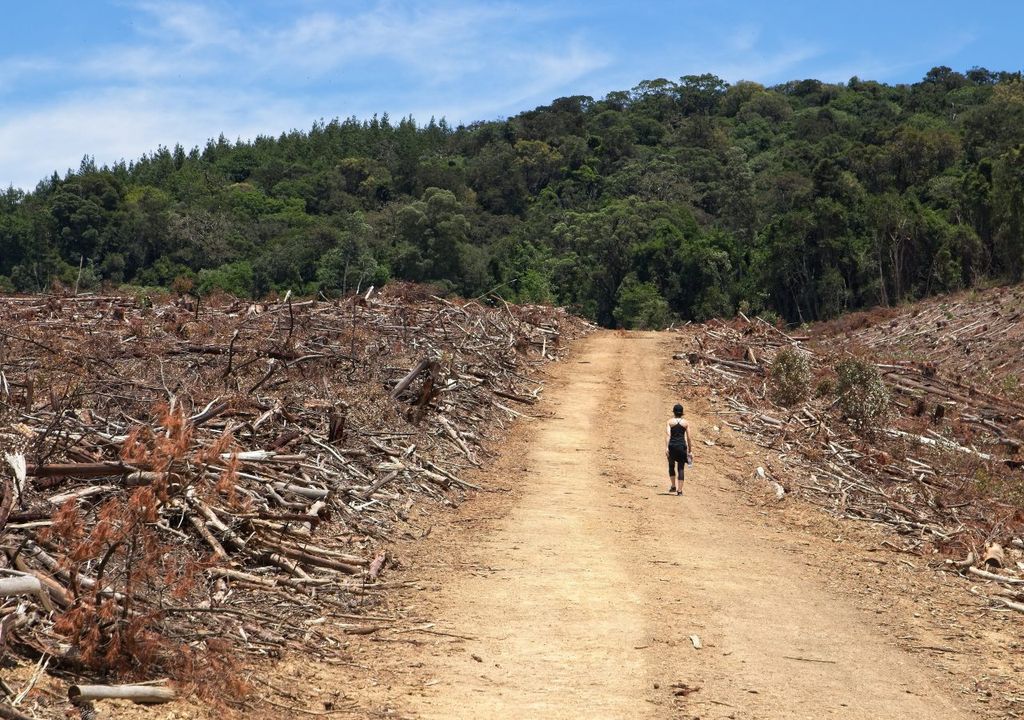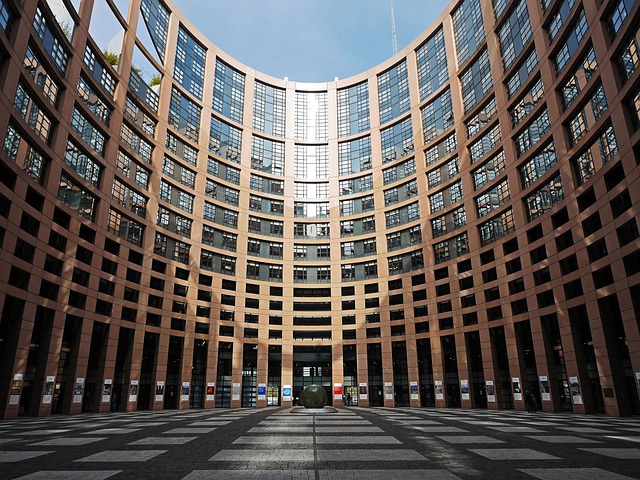Why are you so concerned about imported deforestation to UE And what do you do to stop it? Discover the new regulation that Parliament has approved. Will the European countries stop paying for destroying the forests from other continents? Let's see it!
Concern about the abuse of ecosystems by multinationals is increasingly present. This moved to the European Parliament on September 13 in a historic vote. 453 votes in favor gave the go-ahead to the proposed legislation on imported deforestation that the European Commission presented in November of 2021. 57 voted against and 123 abstained.
What are the implications of the decision?
The main points of Regulation are the following:
• Also include pork, sheep and goat meat, poultry, corn, rubber, charcoal and printed paper products in the scope of the Regulation. here goes the leather, the product for which most is deforested.
• Force the financial institutions to be subject to additional requirements to ensure that their activities do not contribute to deforestation.
• Advance the date of retroactive application of the Regulation one year, to the December 31th 2019, against the position of the Council of the EU to delay it to 2021 late.
• Strengthen the dimension of human rights and the rights of indigenous peoples, demanding compliance with international human rights standards and not just state laws on land rights.

This legislation, if finally approved, would force companies to verify their products sold in the EU. What he seeks is to verify that they have not been produced on deforested or degraded lands.
In order to verify these issues, companies must assess the risks of imports through different tools. Among them are the field audits, supplier training or tests to verify the origin of the products.
text failures
However, the final result of the parliamentary negotiations does not convince all sectors. The most ecologists regret the rejection of several amendments proposed by the Committee on the Environment, Public Health and Food Safety (ENVI). For example, the text only includes the protection of forests. Thus, grasslands, peatlands and wetlands are excluded. On the other hand, it does not contemplate a civil liability mechanism or the possibility of reparation and compensation.
Then, the companies would not be subject to the criminal law o civil. By not creating an additional mechanism, they are relegated to administrative processes. However, the negotiation on the imported deforestation it's not over yet.
When does the Imported Deforestation Regulation come into force?
The operation of the European Union it is tremendously long and heavy. The endless bureaucracy means that it takes even years for the different Member States to reach an agreement. In this case, negotiations will begin in October, as much as possible, between the Commission, Council of the European Union and Parliament. The second institution is made up of the government ministers of each country and must approve the proposal.

However, the Council often shows more conservative views, which leaves the advances voted in Parliament up in the air. Despite everything, the fight to end deforestation continues. The countries of the north pay because unscrupulous companies devastate the ecosystems in other continents. What's more, the FAO estimates that almost 90% of deforestation has to do with agribusiness.
Furthermore, the EU is the second world importer of tropical deforestation and associated emissions. It is also responsible for 16% of deforestation associated with international trade, for a total of 203.000 hectares and 116 million tons of CO₂. Spain is the third country with the greatest impact within the EU. Therefore, it is a problem that concerns us especially. The fight for ecosystems continues.






